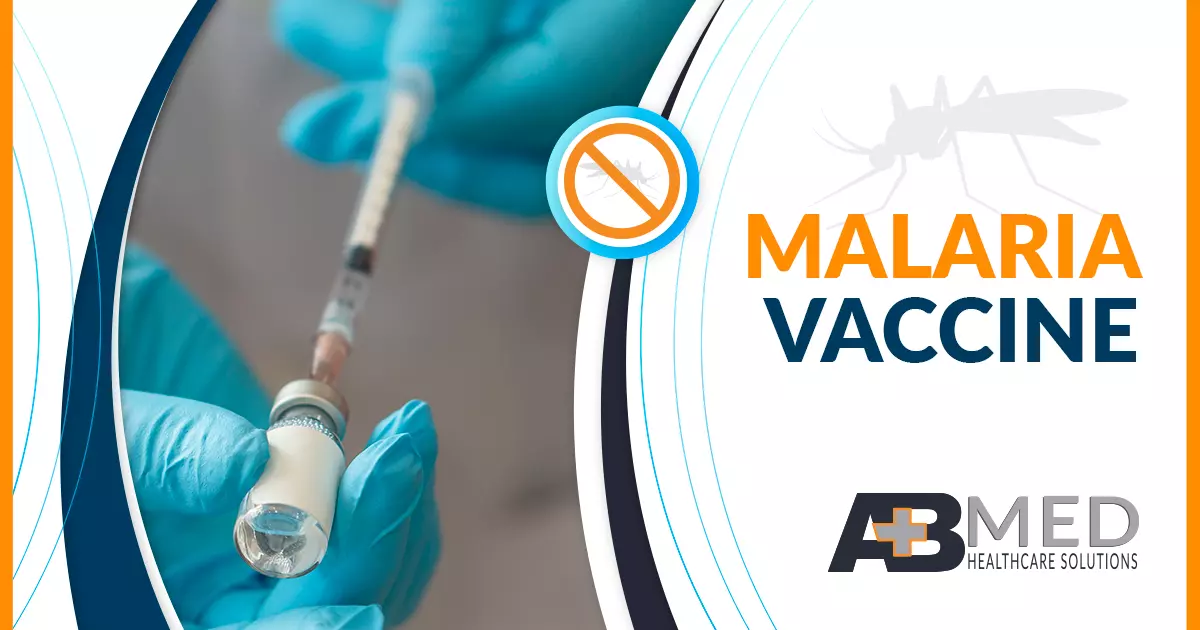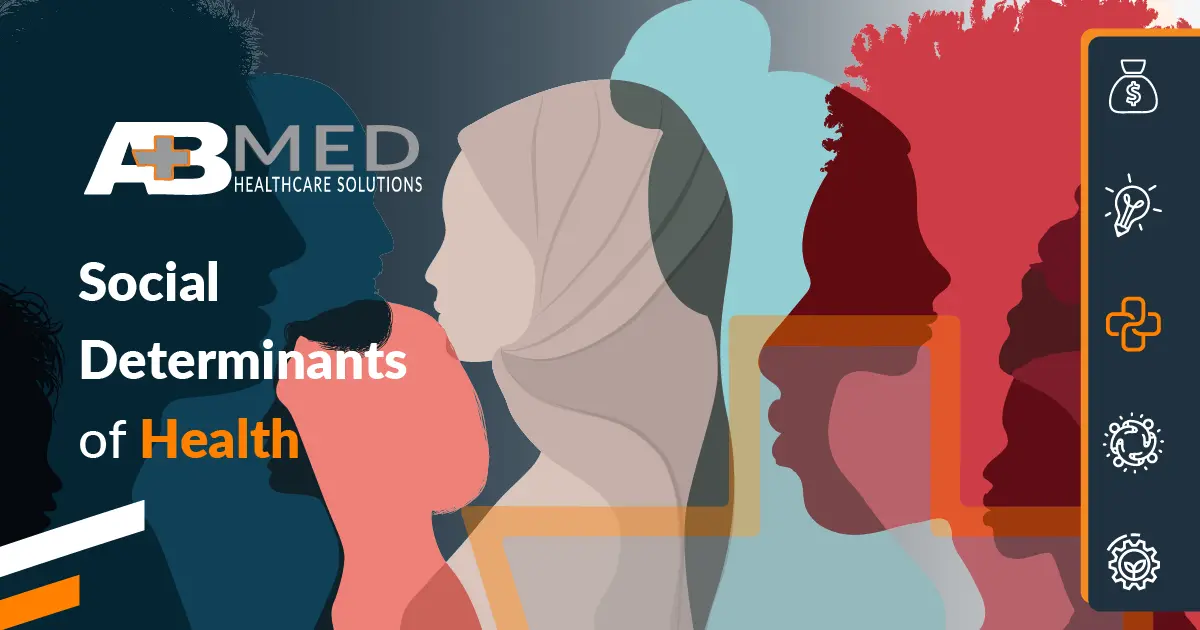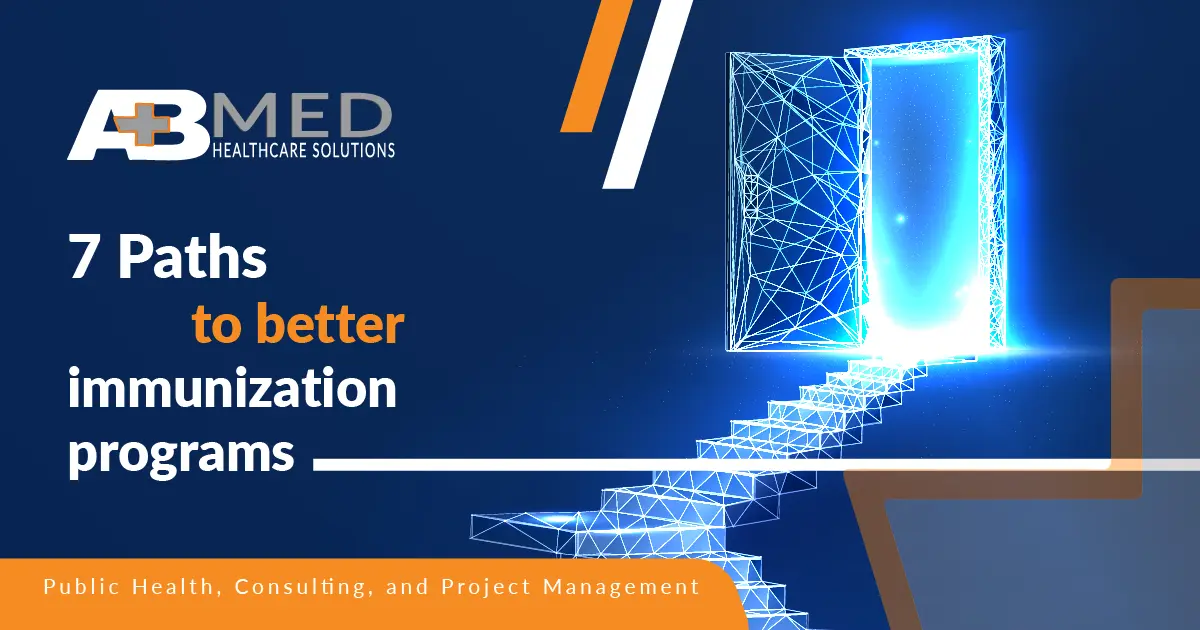A long-awaited approval
On October 6th, 2021, the World Health Organization began recommending R.T.S., S/AS01 (commonly known as R.T.S.,S, or Mosquirix), a vaccine against Malaria. This advice aims to help children who live in regions with moderate to high transmission of the malaria parasite Plasmodium Falciparum. Approximately 2.3 million vaccine doses have been delivered in 3 African countries, demonstrating a favorable safety profile. Malaria kills more than 260,000 children under the age of 5 in Africa in a single year. This vaccine has been more than 30 years in development, so the entire world is celebrating this momentous breakthrough.
How many doses?
The vaccine protocol is a 4-dose series that can start as early as five months old. R.T.S.,S has been shown to reduce deadly Malaria by 30%. Designed by GlaxoSmithKline and benefitting from funding from the Bill and Melinda Gates Foundation, the vaccine is still being studied. Mainly, scientists are still investigating the efficacy and protection of the 4th dose.
The holy grail of Tropical Medicine
Malaria is a global killer and possesses a complex life cycle. For years, the fight against Malaria has been stalled, with prevention as the only weapon against the disease. Measures such as avoiding mosquito bites through bed nets and insect repellent were adequate, but not enough to reduce the Malaria burden significantly. The same is true about Malaria treatments. Even with those interventions, Malaria still claimed over 400k deaths in 2019. [i] Thus, developing an effective vaccine became the “holy grail” of tropical medicine. Early modeling suggests Mosquirix could prevent 5.4 million cases and 23,000 deaths in children per year. [ii]
What are the concerns?
At what cost?
While the vaccine is an effective tool in the fight against Malaria, there are some concerns. First is the 750 million dollars investment in the development of the vaccine. Next is the cost to administer the vaccine. At $5 per dose, there is an estimated 325 million per year in costs to deliver the vaccine across 10 African nations with high malaria incidence. Comparing the cost of the vaccine to its relatively low (30%) efficacy, a benefit/cost concern is being voiced.
Will accessibility impact compliance?
The Malaria vaccine protocol calls for a series of four (4) doses. The first three (3) doses align with other routine childhood immunizations. However, the 4th dose will require a specific trip, just for this vaccine. The financial burden of transportation might prove to be a significant obstacle towards compliance.
SARS-CoV-2 vs. Malaria, in the supply wars!
Covid-19 has disrupted the vaccine supply and distribution channels worldwide. It remains unknown if many countries have the capacity to keep up with the demand for the Covid-19 vaccines, let alone begin manufacturing and distributing another one. And it is not only vaccine-related issues. The pandemic has altered the priorities and asset distribution of nations, diverting resources and monopolizing efforts. The enormity of the coronavirus disruptions might be the biggest adversary of the Malaria vaccine.
A complex lifecycle
Covid-19 has disrupted the vaccine supply and distribution channels worldwide. It remains unknown if many countries have the capacity to keep up with the demand for the Covid-19 vaccines, let alone begin manufacturing and distributing another one. And it is not only vaccine-related issues. The pandemic has altered the priorities and asset distribution of nations, diverting resources and monopolizing efforts. The enormity of the coronavirus disruptions might be the biggest adversary of the Malaria vaccine.
- The parasite enters the red blood cells.
- Dormancy and evolution in the liver.
- The parasite migrates back to the red blood cells.
Multiple vaccines are attempting to work on various stages of the lifecycle. However, the pre-erythrocytic (before parasites reach the red blood cells) stage is viewed as the most promising.
A success story!
Overall, there is much anticipation and hope centered on R.T.S., S (Mosquirix). There are many reasons to call this vaccine a success. However, the most important reason is that this vaccine is feasible to deliver, improves health, and saves lives. [iii]
R.T.S.,S also increases equity in access to malaria prevention. Early data shows that 2/3 of children who are not sleeping under a bed-net benefit from the vaccine. Layering vaccines and bed nets together, we see 90% of children receiving at least one preventive measure. There has not been any observed negative impact on the use of bed nets or uptake of other childhood vaccines.
Last but not least, the success of this vaccine is its impact. R.T.S.,S is expected to save one life for every 200 vaccinated children. In addition, the estimates show a 40% reduction in Malaria episodes and a significant decrease in deadly severe Malaria in routine use. [iv]
Many other Malaria vaccine candidates are in development, providing hope for the future against the parasite. However, the R.T.S.,S vaccine is an important milestone because it is opening the door by providing a safe, effective, and feasible method to combat the burden of the disease.
What are your thoughts about the R.T.S.S vaccine? Let’s Connect.
REFERENCES & RESOURCES
- World Health Organization (2021). Malaria. [online] Who.int. Available at: https://www.who.int/news-room/fact-sheets/detail/malaria.
- Hogan, A.B., Winskill, P. and Ghani, A.C. (2020). Estimated impact of RTS,S/AS01 malaria vaccine allocation strategies in sub-Saharan Africa: A modelling study. PLOS Medicine, 17(11), p.e1003377.
- www.who.int. (2021). WHO recommends groundbreaking malaria vaccine for children at risk. [online] Available at: https://www.who.int/news/item/06-10-2021-who-recommends-groundbreaking-malaria-vaccine-for-children-at-risk.
- www.who.int. (n.d.). The RTS,S Malaria Vaccine. [online] Available at: https://www.who.int/multi-media/details/the-rts-s-malaria-vaccinev2 [Accessed 25 Oct. 2021].
By: Erik McLaughlin MD, MPH and Aikaterini Papadopoulou, B.Arch






